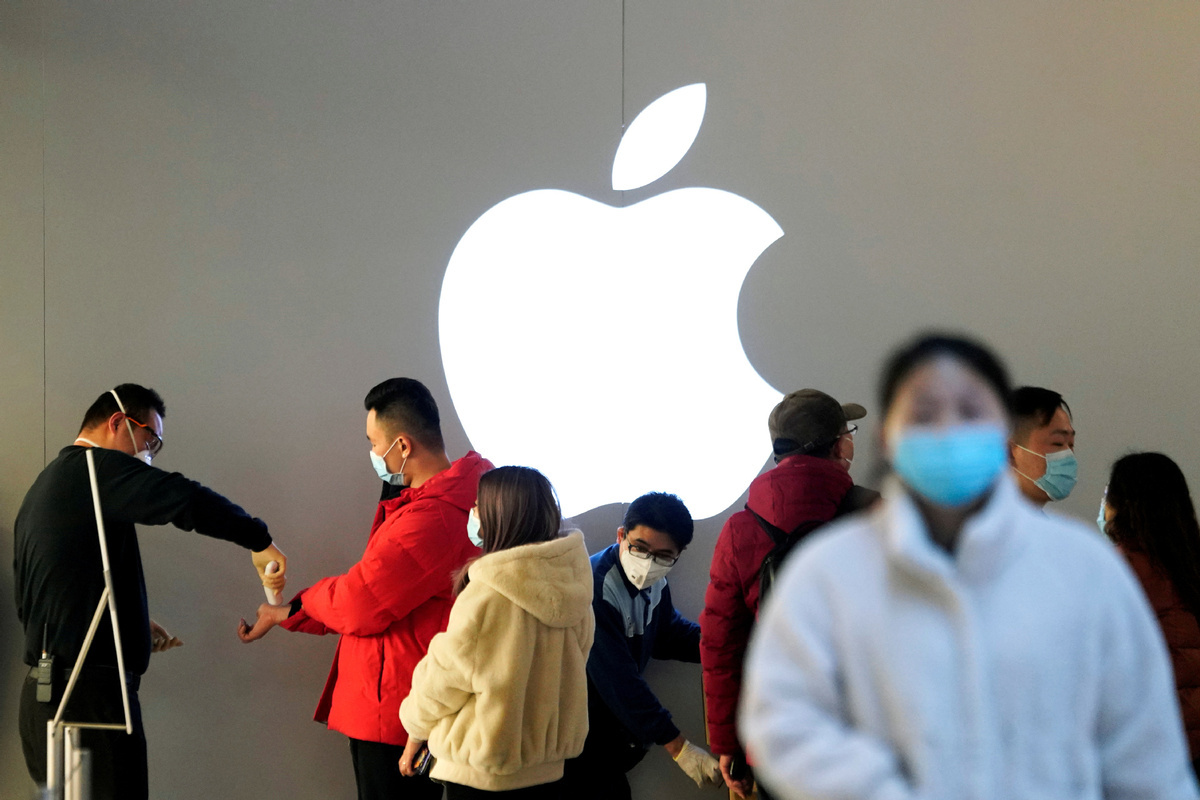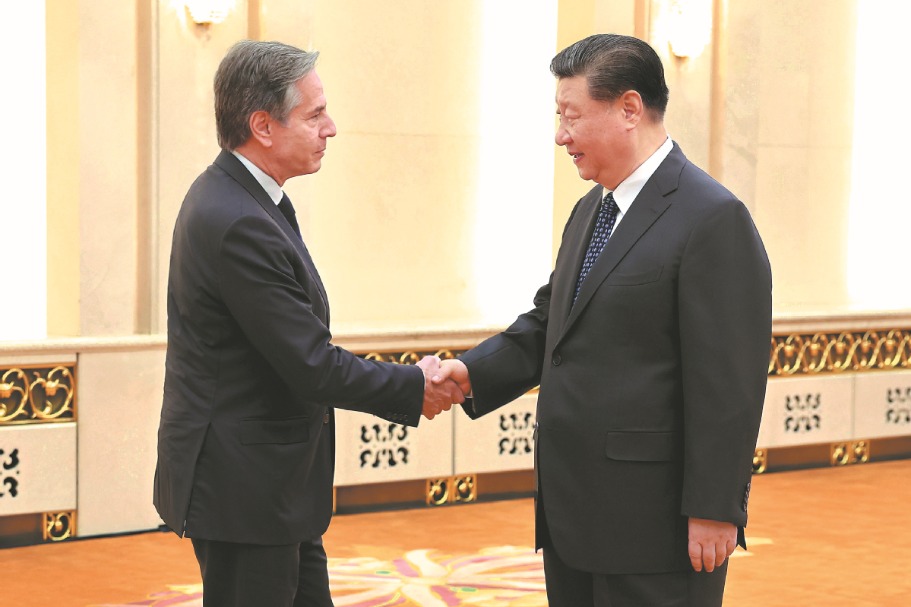Foreign firms in China oppose trade frictions
China Daily | Updated: 2020-04-16 07:27

Recent media reports saying some foreign enterprises are withdrawing from China has raised concerns about China's economic development given the uncertainties triggered by the novel coronavirus pandemic.
However, such concerns arise from a lack of understanding of the operation pattern of companies in a globalized era. Since China's accession to the World Trade Organization, foreign-funded enterprises have entered China in a big way, making China the global manufacturing hub and its economy the second largest in the world.
At the same time, an ever-expanding Chinese market and its continuous transformation and upgrading has also brought in more multinational enterprises. The economic relationship between China and the United States has evolved from a one-way export relationship, in which China provided inexpensive goods to the US, to a partnership of two-way dependence. First, China has become the manufacturing base for many American companies manufacturing high-tech products to consumer goods, thus raising their global competitiveness.
Second, the Chinese market has become the most important overseas market for American companies such as General Motors, Boeing and Apple, as well as some semiconductor and service companies. This means China has not only helped American manufacturing companies gain a global advantage but also provided them with the largest single overseas market. The profits American companies made from China-based operations is boosting their innovation capacity to maintain competitiveness.
Therefore, there is no reason for American companies to leave China. Economic cooperation between China and the US will not be disrupted by temporary trade frictions and they should avoid a lose-lose outcome.
After Apple, Tesla started its investment project in China at a time when the trade friction was straining ties between China and the US. The project helped raise Tesla's output and enhance its competitiveness due to lower costs. It continued to expand its factory in Shanghai despite shutting down production lines outside China during the epidemic outbreak.
On the contrary, after the US government banned some American enterprises from cooperating with Chinese tech giant Huawei, they have seen a decline in their sales and profits.
China and the US are essentially in a kind of relationship involving both competition and cooperation, which should not be treated as a zero-sum game. Given that cooperation with China is important to American enterprises' development, such enterprises are not supporters but opponents of Sino-US trade frictions.
So, we should welcome them to do business legally in China. What China should now do is to continuously cultivate and expand its domestic demand, raise production efficiency and create a better business environment so that foreign companies find it difficult to leave China.
























